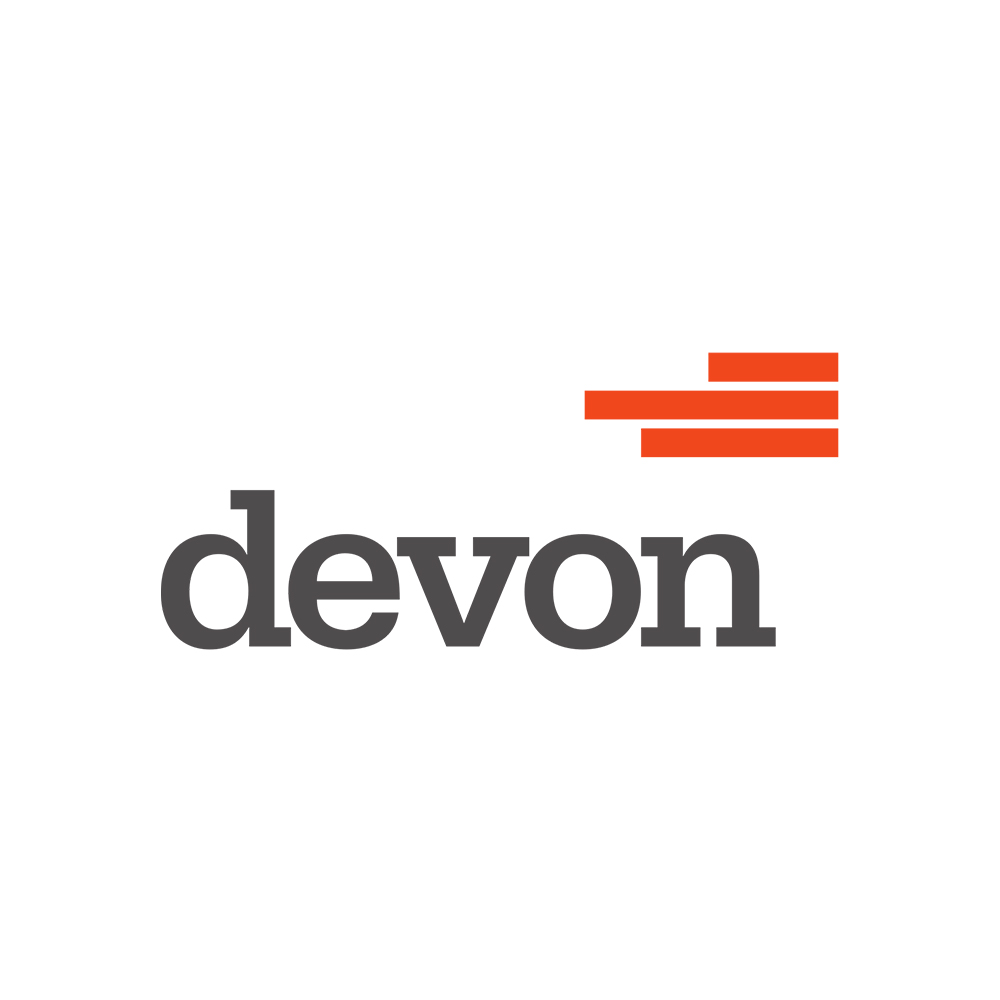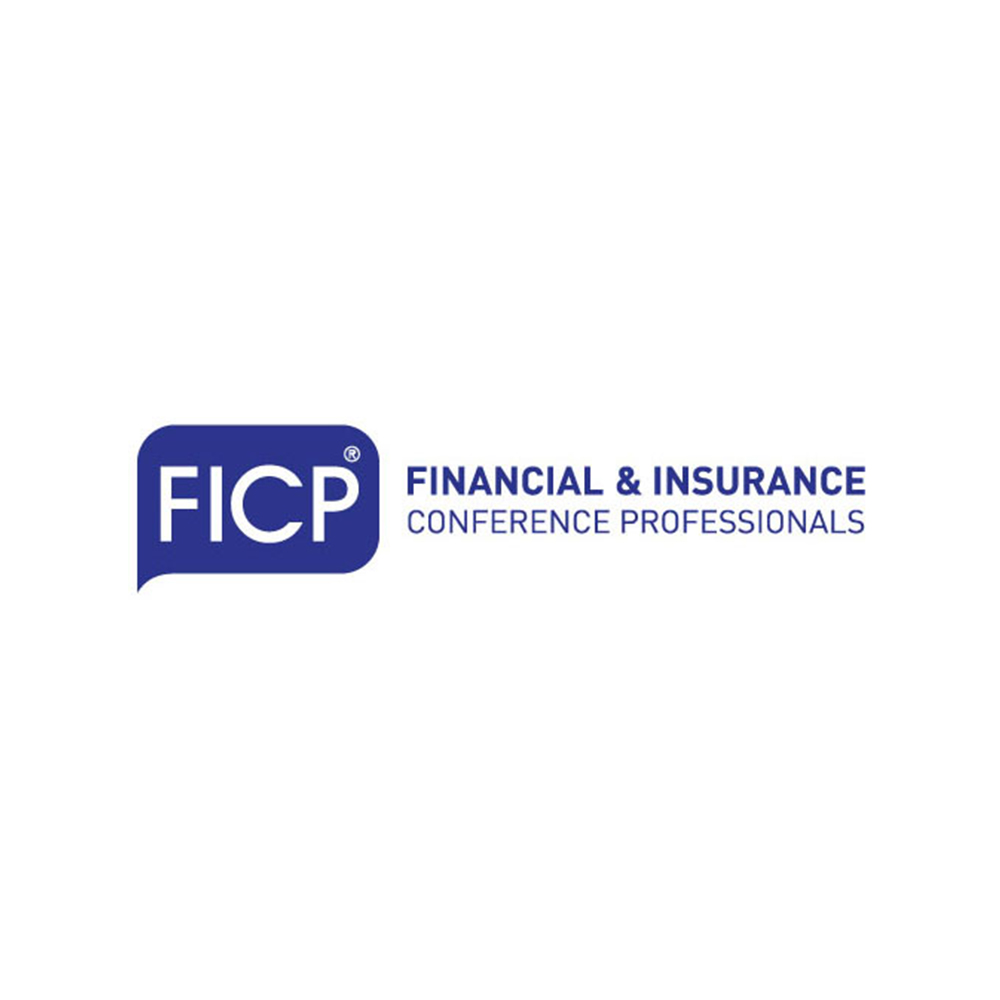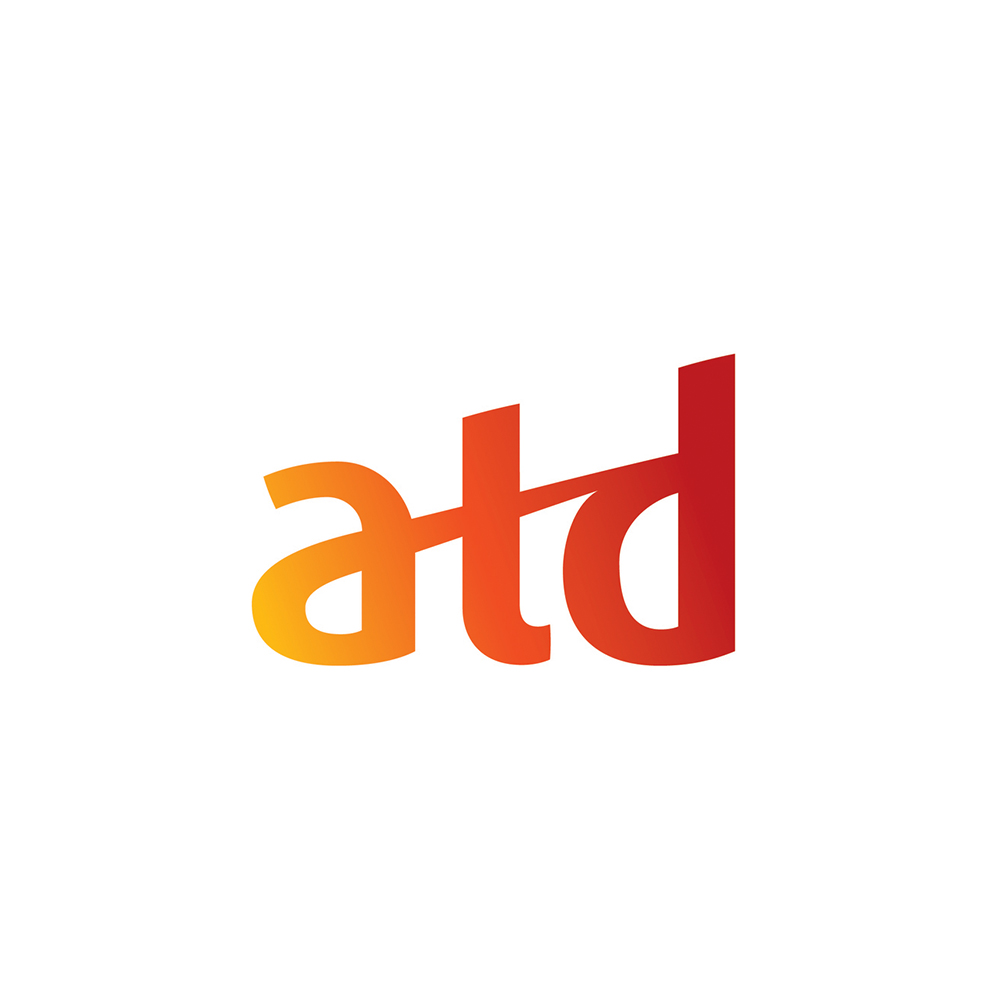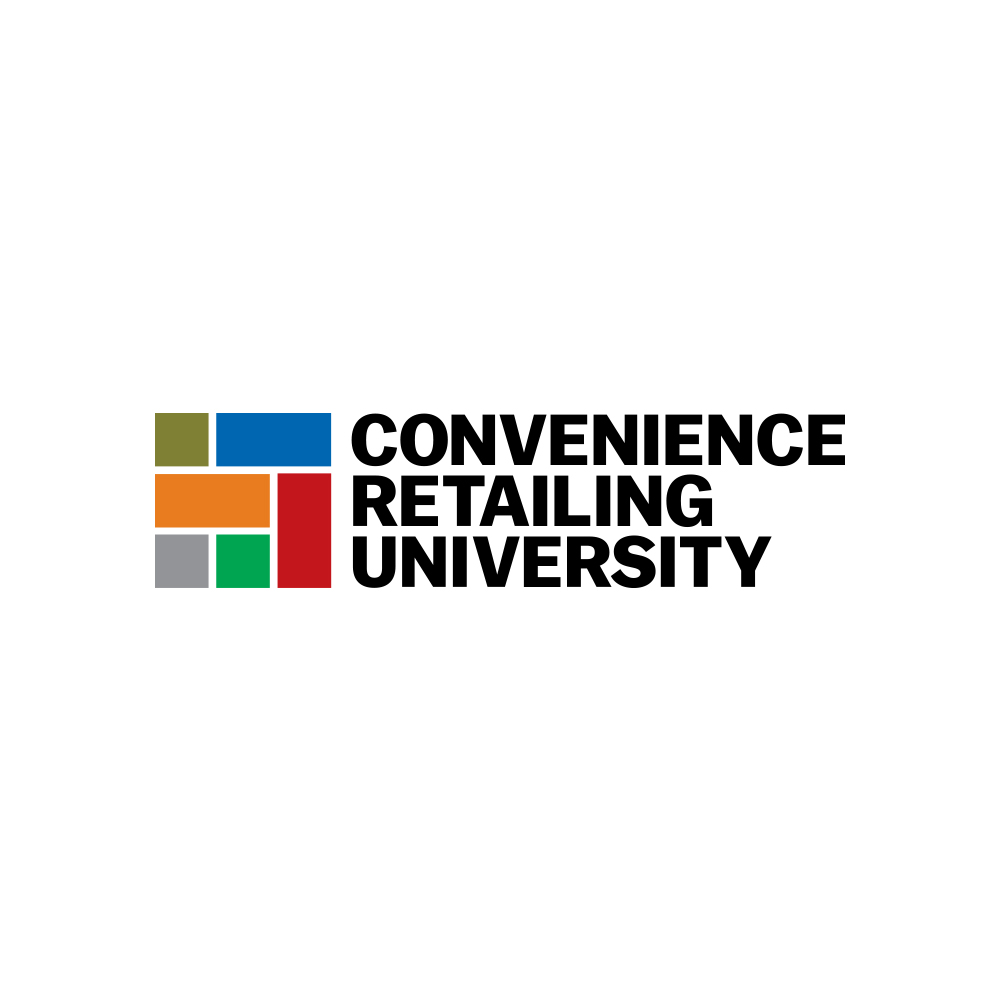What the Europeans Have Taught Me About Learning and Development
Grüetzi! This week’s newsletter is coming to you from Europe. Currently, I’m in Switzerland with a client. Last week I co-facilitated with Persimmon’s President Sara Gallagher in Germany, on how to improve stakeholder relationships and enhance project delivery. Sara and I frequently train in Europe, and we really missed being over here during the Pandemic. First and foremost, we missed the people. But when teaching in Europe, the learning and development environment can be different from the States.
Here’s what I’ve learned from the Europeans about learning and development that we at home in the U.S. should take note of in our own approaches:
First, Europeans want greater depth in the topics and exercises. That translates to fewer slides and more exercises. This differs from the “everything and the kitchen sink” approach that we see too often in the U.S.
Second, learning in Europe tends to be more of an experience in which the class is only one component. Training is often an offsite event, where the class stays at the same location, eats together, and enjoys activities—such as darts, drum nights, and an afternoon hike. This increases peer conversations and bonding, helps re-energize participants and increases cohesiveness across the organization through relationship building. Too often with American training, participants aren’t fully present, such as not “unplugging.” We check email or take phone calls, decreasing our focus to learn and master the subject at hand.
Learning is an investment—shouldn’t we always treat it as such? Rather than viewing it as a “check the box” event, this is an opportunity that goes beyond growing your skillset.
Remember, not all learning is a training event. YouTube, podcasts, mentoring conversations… all these resources can lead to new discoveries, skills, and competencies. If you want help with your own learning and development, check out my Time Blocking PowerPlay below for how to start carving out time in your schedule to learn intentionally. It’s your investment of time, so own it and make it work for you!
Bill Fournet
P.S. Need help achieving your outcomes or establishing them for next year? Email me your questions!
PLAY OF THE WEEK
POWERPLAY™ #35 Time Blocking
Protect Your Time for Maximum Productivity and Better Learning
This technique enables intentional learning because you schedule blocks of time in your calendar as “white space.” White space is unstructured time in which you decide what you want to focus on—learning, reflection, deep work. These will look like regular meetings in your calendar—so others won’t schedule over them.
Download the Time Blocking PowerPlay™.
WHAT I’M EXPLORING
- Everyone knows a Chicken Little. Everyone knows a Chicken Little. The person who catastrophizes, for whom everything is urgent and requires immediate attention. (“The sky is falling!”) The reality is… when everything is urgent, nothing is urgent. As a leader, how do you manage that type of individual? Learn strategies to help them distinguish between priority and urgency on my blog.
- Vertical farming is revolutionizing agriculture. Learn more about this innovative business model in this article from Forbes. What can you do to flip your business model and create a game-changing innovation?
WANT MORE POWERPLAYS?
Access my full PowerPlay™ library anytime. These techniques can help you and your team prepare for and navigate your toughest, most complex challenges.
Simply register using the form at the bottom of the PowerPlays page.























